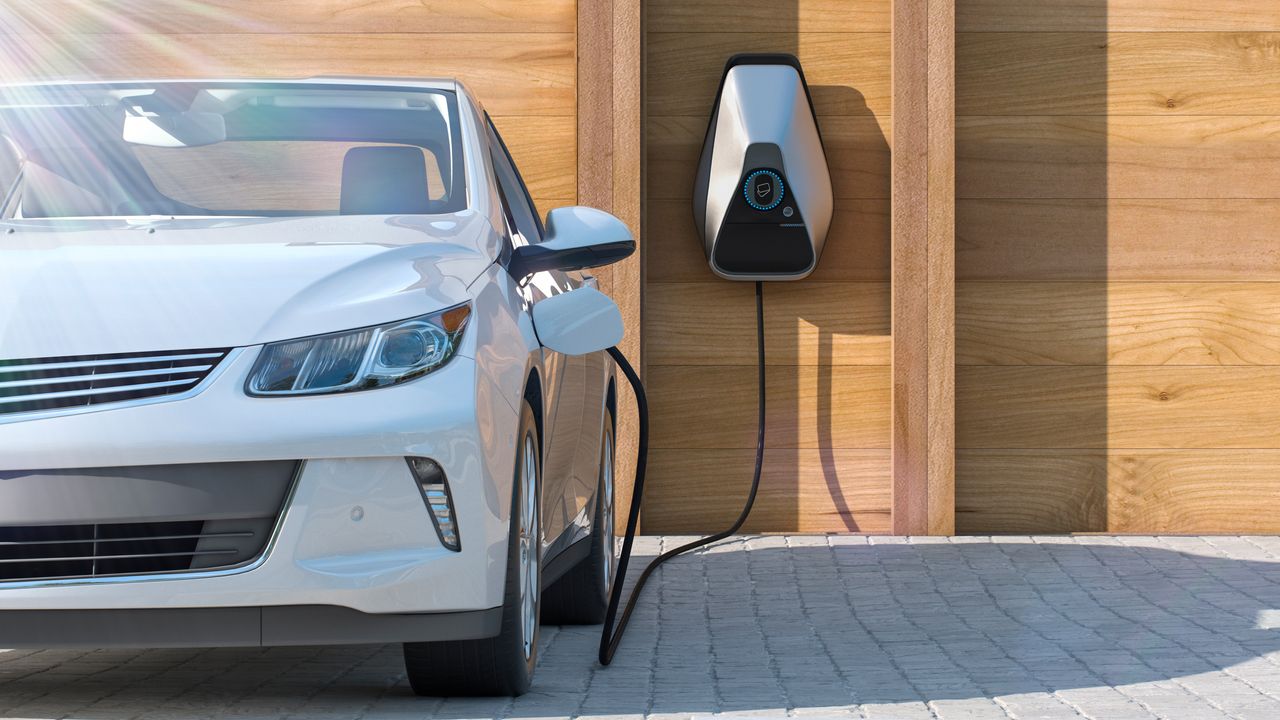Electric Car Leasing vs. Buying: Which Option is Right for You?
As electric cars continue to gain popularity, more and more people are considering making the switch to these eco-friendly vehicles. However, one question that often arises is whether it is better to lease or buy an electric car. In this article, we will explore the pros and cons of both options, taking into account important factors such as lease mileage limits, residual value, and buyout price.
Lease Mileage Limits
One of the key differences between leasing and buying an electric car is the mileage limits imposed by leasing contracts. When you lease a car, you are typically given a set number of miles that you are allowed to drive each year. Exceeding these limits can result in additional fees. On the other hand, when you buy an electric car, you have the freedom to drive as much as you want without worrying about mileage restrictions.
If you have a long commute or frequently take road trips, buying an electric car might be a better option for you. However, if you primarily use your car for short daily commutes and occasional weekend trips, leasing could be a more cost-effective choice.
Residual Value
Residual value refers to the estimated value of a car at the end of a lease term. When you lease an electric car, the leasing company calculates the monthly payments based on the difference between the car’s initial price and its estimated residual value. If the car retains its value well, the monthly payments are typically lower.
Electric cars, like other vehicles, depreciate over time. However, it is worth noting that electric cars tend to have higher residual values compared to their gasoline counterparts. This is because electric cars have fewer mechanical components that can wear out, and their batteries often come with warranties that guarantee a certain level of performance over a specified period.
If you are concerned about the long-term value of the car and want to minimize your monthly payments, leasing might be the better option. However, if you plan to keep the car for a longer period or are confident in the car’s resale value, buying could be a more financially sound decision.
Buyout Price
When you lease a car, you have the option to buy it at the end of the lease term. The buyout price is typically determined at the beginning of the lease and is based on the car’s residual value. If you decide to purchase the car, you will need to pay this buyout price plus any applicable fees.
Buying an electric car upfront can be a significant financial commitment, but it gives you full ownership of the vehicle. On the other hand, leasing allows you to enjoy the benefits of driving an electric car without the large upfront cost. However, keep in mind that if you decide to buy the car at the end of the lease, the total cost of leasing and buying may end up being higher than if you had purchased the car outright initially.
Conclusion
Choosing between leasing and buying an electric car depends on your individual circumstances and preferences. Consider factors such as your driving habits, long-term plans, and financial situation before making a decision.
If you value flexibility, lower monthly payments, and the ability to drive a new electric car every few years, leasing might be the right choice for you. On the other hand, if you prefer long-term ownership, unlimited mileage, and the potential for higher resale value, buying could be the better option.
Ultimately, both leasing and buying have their advantages and disadvantages. Evaluate your needs and priorities, and make an informed decision that aligns with your lifestyle and budget.
